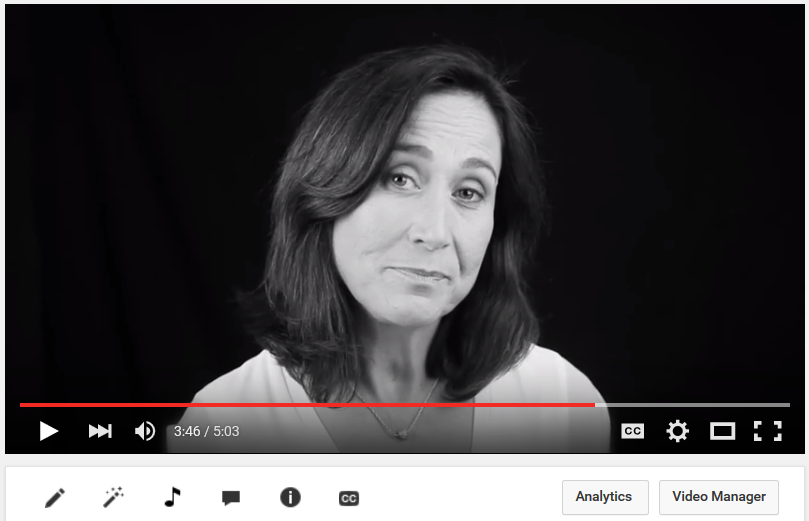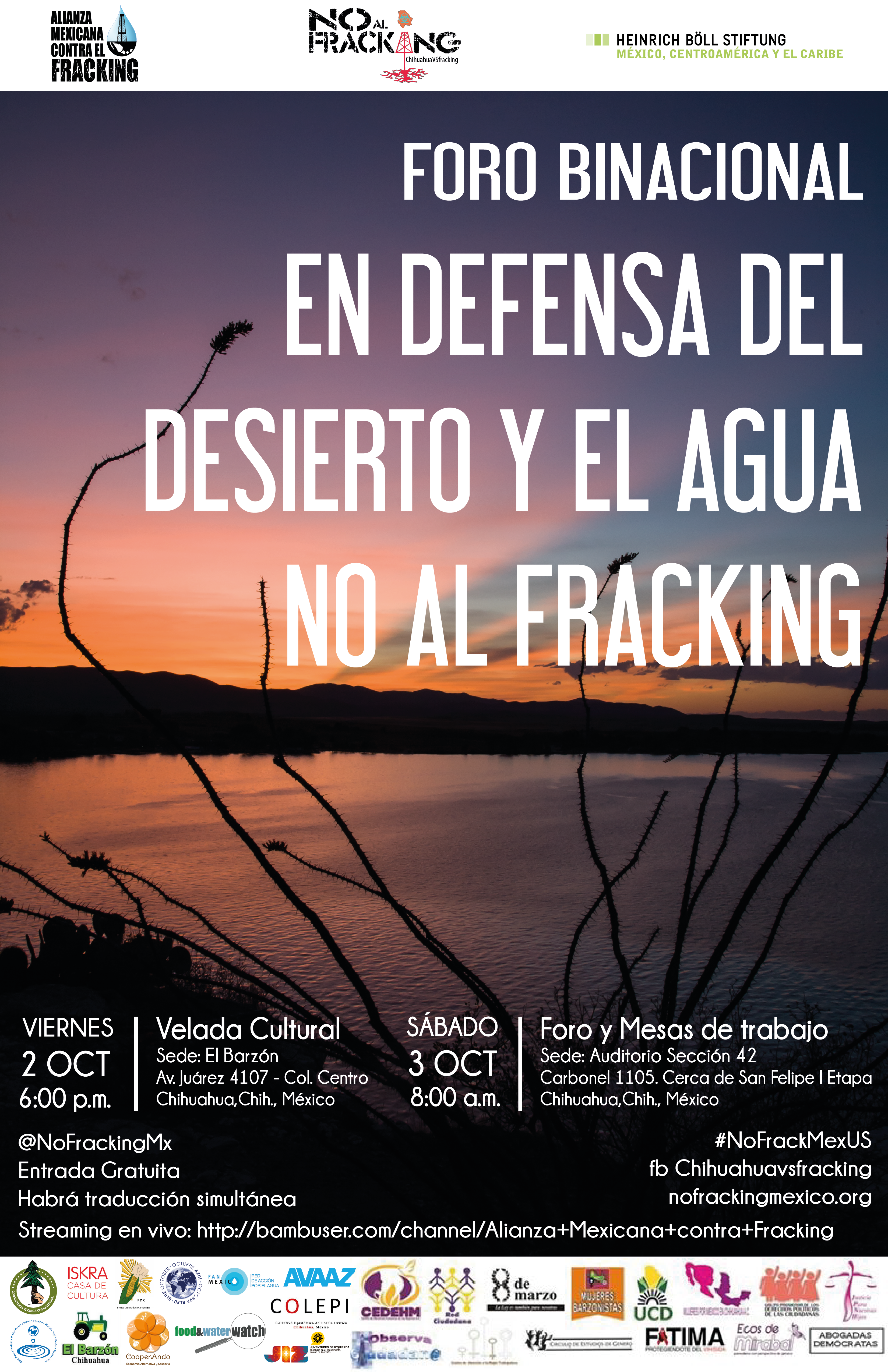Boletín: Rubén Albarrán, Julieta Venegas y Lumi Cavazos unen sus voces para detener el fracking
10 de octubre de 2015
- En nuevo video explican la técnica del fracking, sus consecuencias y exigen su prohibición.
- La Alianza Mexicana contra el Fracking se une a la alerta sobre abuso del agua lanzada por la visita del barco “Esperanza” de Greenpeace.
 Esta mañana en el barco de Greenpeace “Esperanza” que visita el Puerto de Veracruz, la Alianza Mexicana contra el Fracking estrenó un video con Julieta Venegas, Lumi Cavazos y Rubén Albarrán para explicar qué es la fractura hidráulica o fracking y promover su prohibición en México.
Esta mañana en el barco de Greenpeace “Esperanza” que visita el Puerto de Veracruz, la Alianza Mexicana contra el Fracking estrenó un video con Julieta Venegas, Lumi Cavazos y Rubén Albarrán para explicar qué es la fractura hidráulica o fracking y promover su prohibición en México.
Acompañado de animaciones, el video explica el proceso de perforación que incluye la introducción de millones de litros de agua, mezclados con arena y tóxicos para fracturar la roca de la que se extraen hidrocarburos. Ahí se muestran los riesgos de contaminación y la imposibilidad de tratar los residuos tóxicos que se generan. Además se hace hincapié en los problemas a la salud que trae consigo la exposición de tales compuestos.





